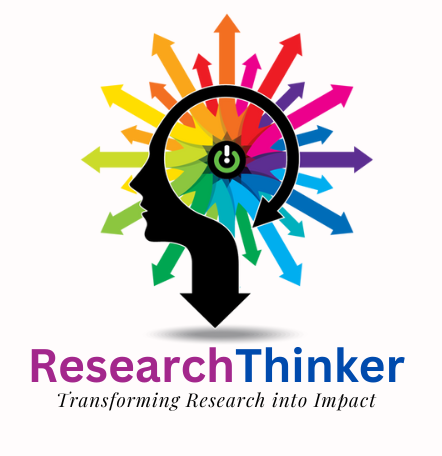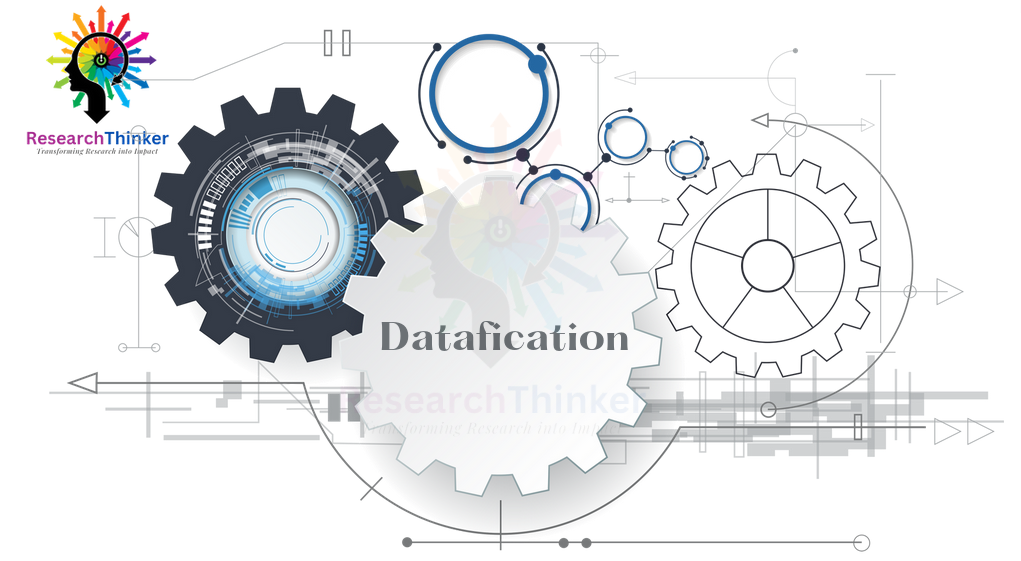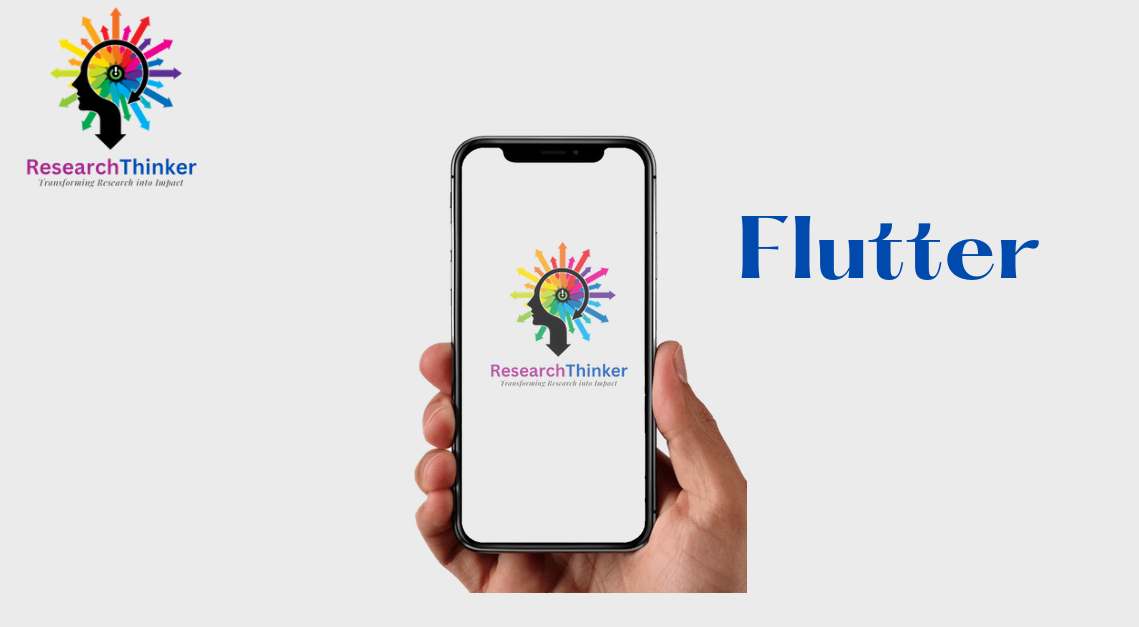Here are 5 use cases of datafication and their benefits:
- Predictive maintenance: Datafication can be used to predict when equipment or machinery is likely to fail, allowing organizations to schedule maintenance and repairs before a breakdown occurs. This can reduce downtime, increase equipment lifespan, and improve overall operational efficiency.
- Personalization: Datafication can be used to personalize products and services based on customer preferences and behavior. This can improve customer satisfaction, increase loyalty, and ultimately drive revenue growth.
- Fraud detection: Datafication can be used to detect fraudulent activity in real-time, allowing organizations to prevent financial losses and mitigate risk. This can improve overall security and protect the organization’s reputation.
- Supply chain optimization: Datafication can be used to optimize the supply chain by providing real-time visibility into inventory levels, production schedules, and shipping times. This can reduce waste, increase efficiency, and improve customer satisfaction.
- Healthcare analytics: Datafication can be used in healthcare to improve patient outcomes, reduce costs, and optimize resource allocation. For example, it can be used to predict patient readmissions, identify high-risk patients, and optimize staffing levels.
Overall, datafication can provide organizations with valuable insights and enable them to make more informed decisions. It can also improve efficiency, reduce costs, and ultimately drive revenue growth. However, it is important to ensure that data is collected, processed, and analyzed in an ethical and responsible manner, and that privacy and security concerns are addressed.





